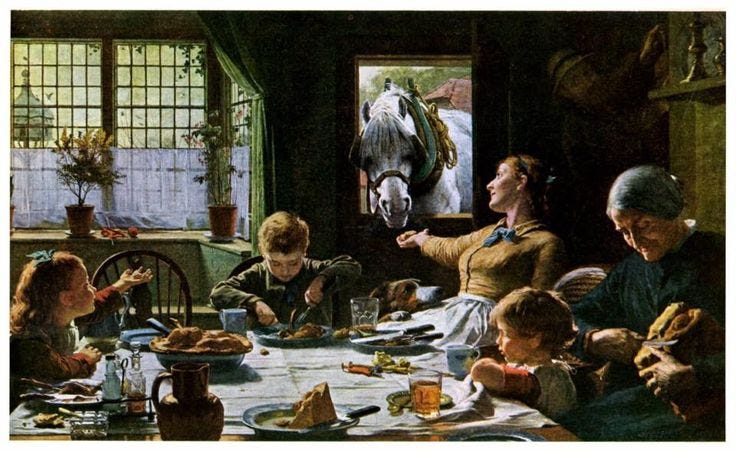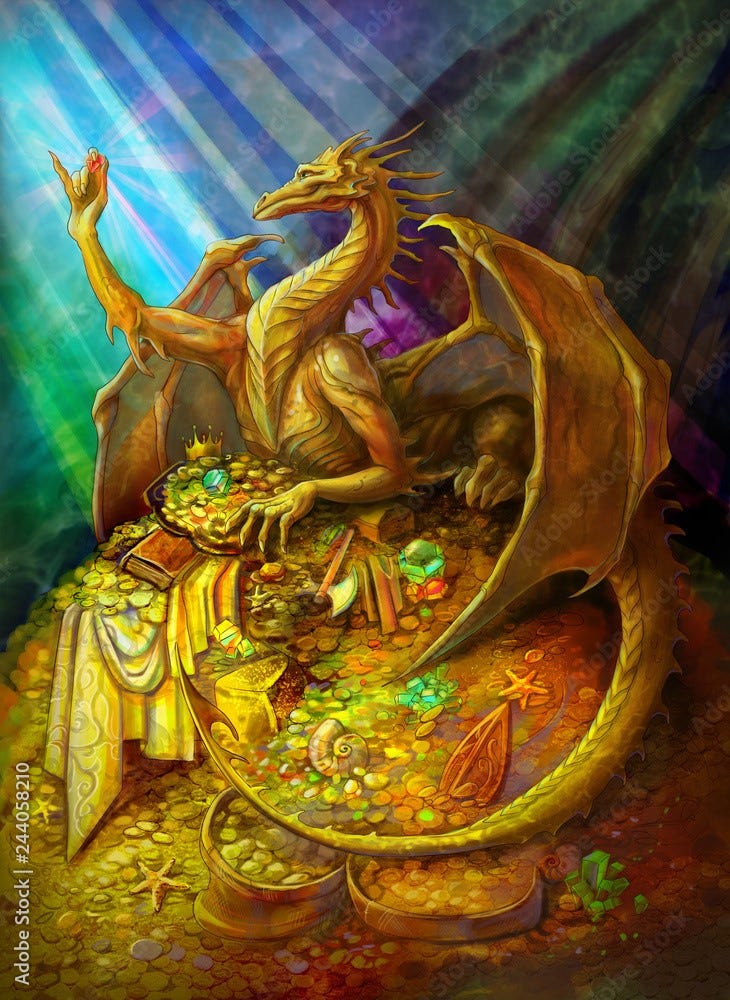Wealth
It ain't what it used to be.
I typed in the word “wealth” on Unsplash. Lots of pictures of money, yachts, expensive cars and gold. None of people living a good life.
In our modern understanding of the word, we tend to associate the “wealth” with financial assets. Someone is seen as wealthy if they have a large bank account or a large portfolio of assets. But much like our society’s fixation with economic growth as the supposed reason we get up in the morning, this is a rather new development.
The word, ‘wealth’ stems from the old English ‘weal’, meaning ‘wealth, welfare and wellbeing. In turn, ‘weal’ is related to the older word ‘wel’, meaning ‘in a state of good fortune, welfare or happiness’. Thanks to Dan Gray at Mishcon de Reya LLP in the UK for providing these definitions after I wrote on prosperity on Monday. I wasn’t originally planning to write on wealth, but after Dan’s note on the definition, it only made sense to dig a little deeper into our concept of wealth.
It is no surprise that our culture which currently sees GDP as a synonym for wellbeing would throw out everything that isn’t related to money from the word. The word historically has had a much broader meaning, generally meaning some form of well-being.
Etymology detour.
There are many phrases … in English at least … that begin with the phrase, “wealth of”. We have all heard of a wealth of knowledge, experience, ideas, information, or other things that it is generally considered good to have a lot of. In these phrases a wealth of something, is something that is abundant. These phrases are around in our vernacular for a long time. They came about before we automatically connected wealth to money.
For example, after a little research I was able to find that the phrase “a wealth of knowledge” was first spotted in the writing of philosopher Francis Bacon in 1598, with a distinctly religious meaning.
Give the word back its meaning.
Today, if someone is hated by society, is seen as culturally empty and is understood to be a miserable person, but is very rich, we still call them wealthy. Maybe we should stop doing that.
Wealth, as it was originally understood, was meant to connote a “good life”, full of friends, enough to eat, good health, and a good standing in community. Today, we have reduced it to mean you have a lot more money than others. And that is seen as a desirable outcome.
If we are going to worship wealth, we might as well get it right. Wealth isn’t only about what is in your wallet, but about how well we are doing in relation to society, culture, and the overall experience of being human.
Degrowth is the … answer? Maybe. Walking away from the pointless pursuit of infinite growth and taking a path where the wealth we want is one of health, good standing in a community and overall wellbeing would do ourselves and our planet good. It’s the path we should take. But it will take some convincing to get people to see wealth not money to hand over to your kids, but the kind of life you want your kids to emulate. After all, what good is money if your safe in your bunker while the world burns around you. That isn’t wealth, that’s prison.
It isn’t impossible to make wealth mean what it used to. It wasn’t that long ago that wealth meant overall well-being. It might not be that long until we get back to that broader meaning.
Wealth used to mean this:
Frederick George Cotman, One of the Family, 1880
Today, wealth means this:
We need it to mean this:
Photo by gaspar zaldo on Unsplash






I’ve always seen high monetary wealth as a symptom of lacking actual wealth. More people should start treating it like that too. Keynes has an interesting quote about this too, by the way, in his piece “The Economic Possibilities for Our Grandchildren”. He says that those pursuing money for money’s sake should be seen as semi-mentally ill.
Our greatest wealth is the amount of time we have, and the opportunity to wake up with meaningful purpose. Capitalism and GDP measurements have removed that. It's no small irony that the "wealthiest" are miserable. Their endless pursuit of wealth is a repeated dead end. Real wealth is in connection and kindness. Lifting someone else lifts you, too.